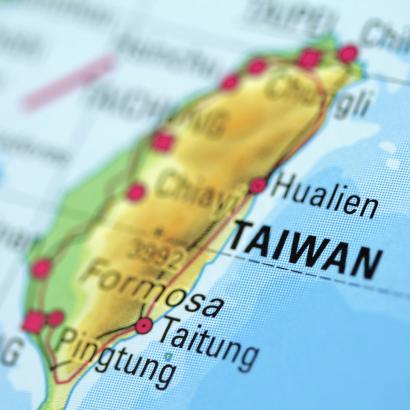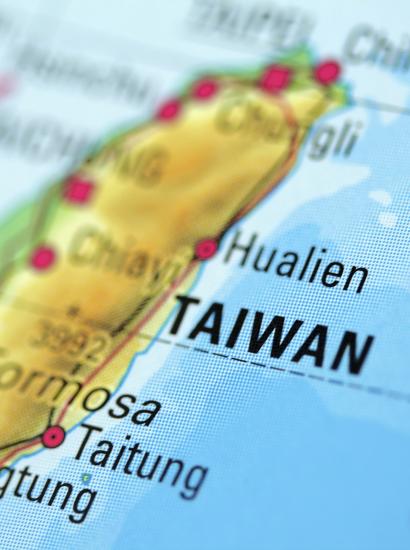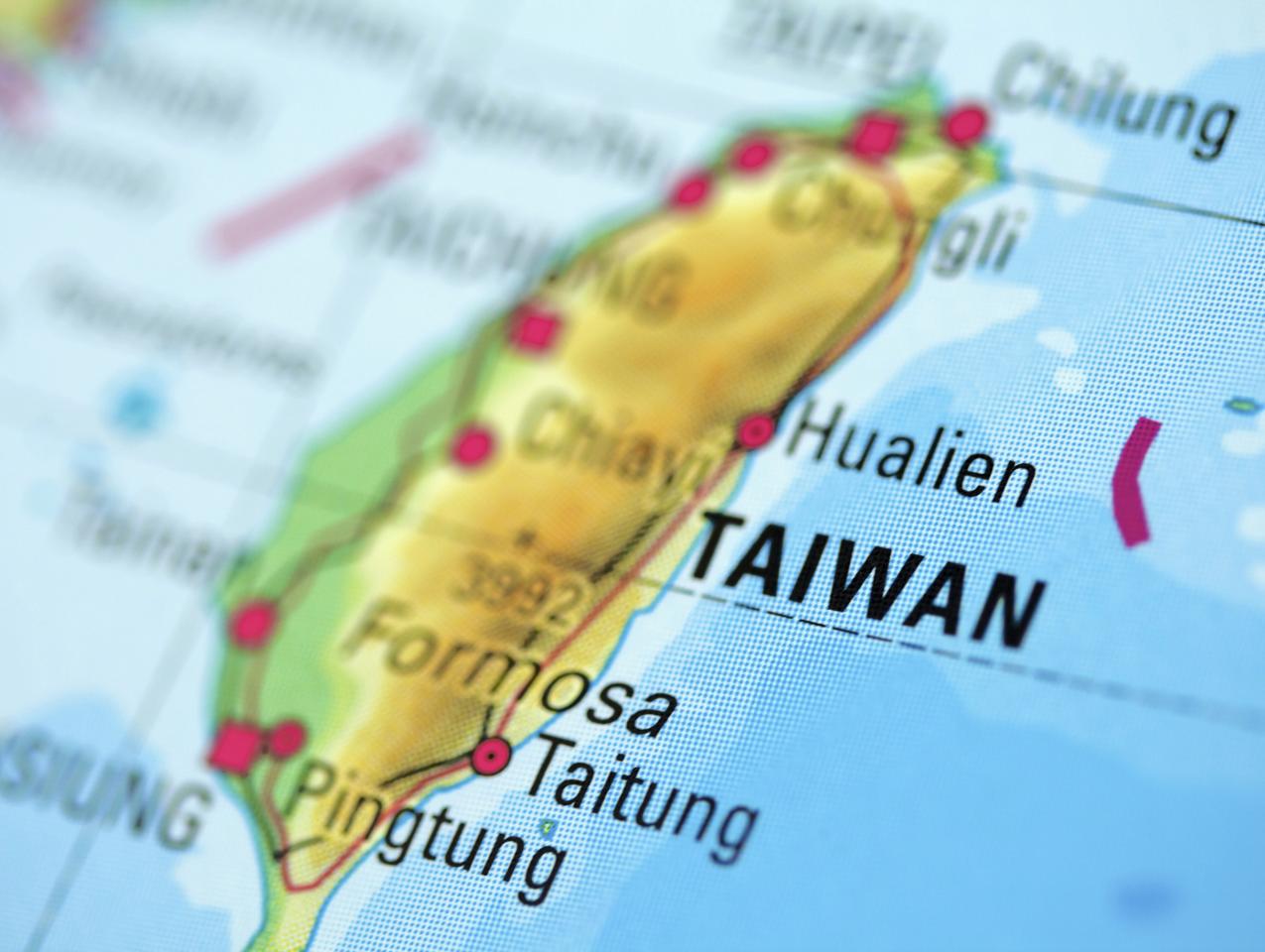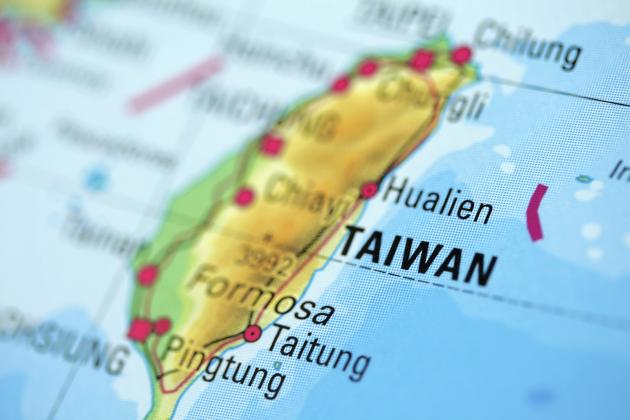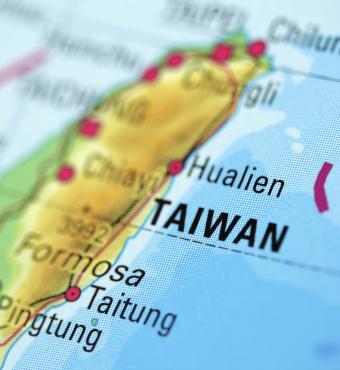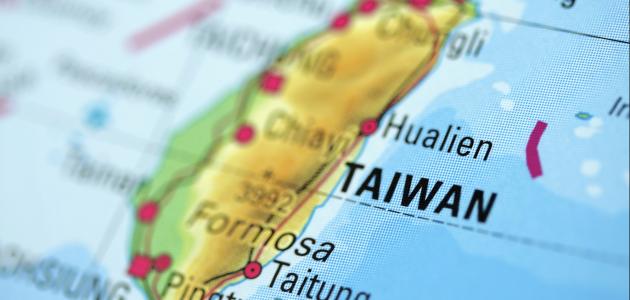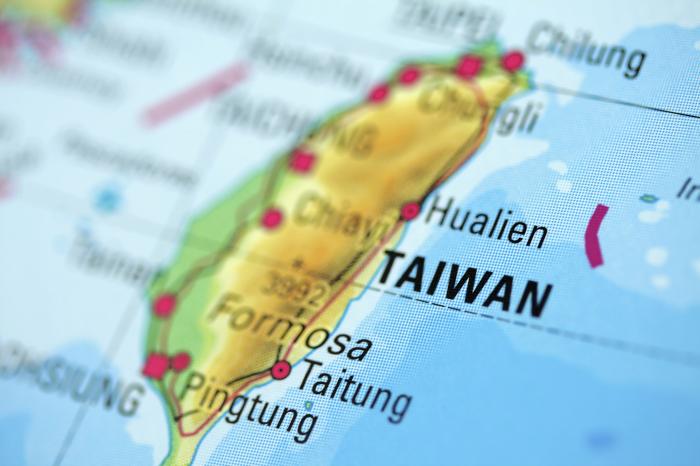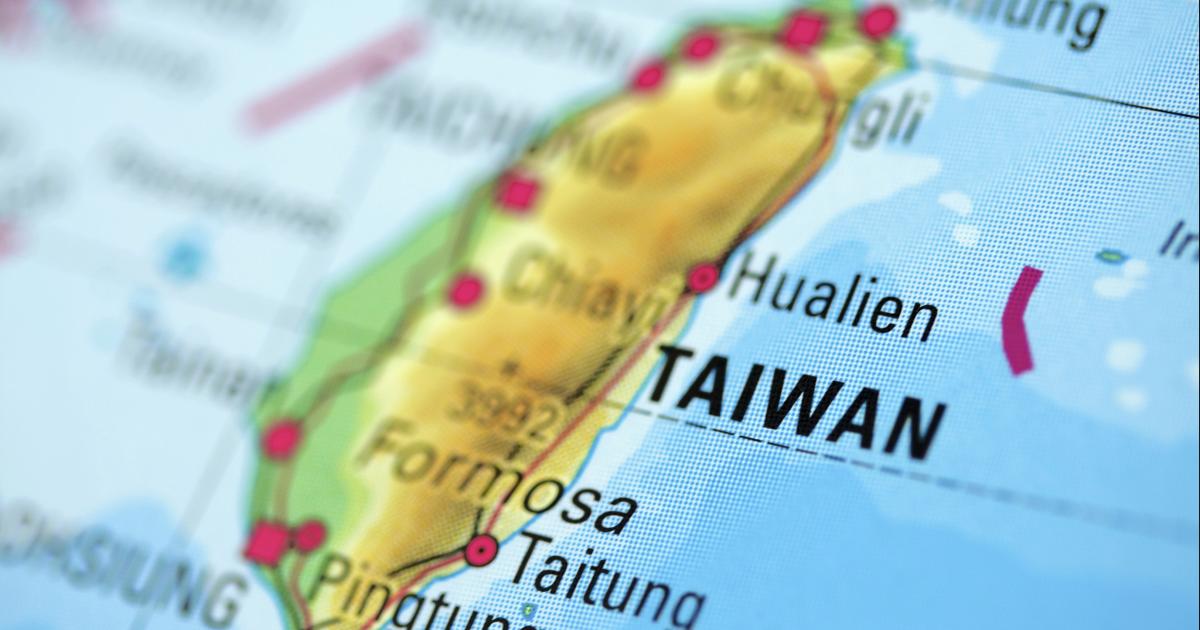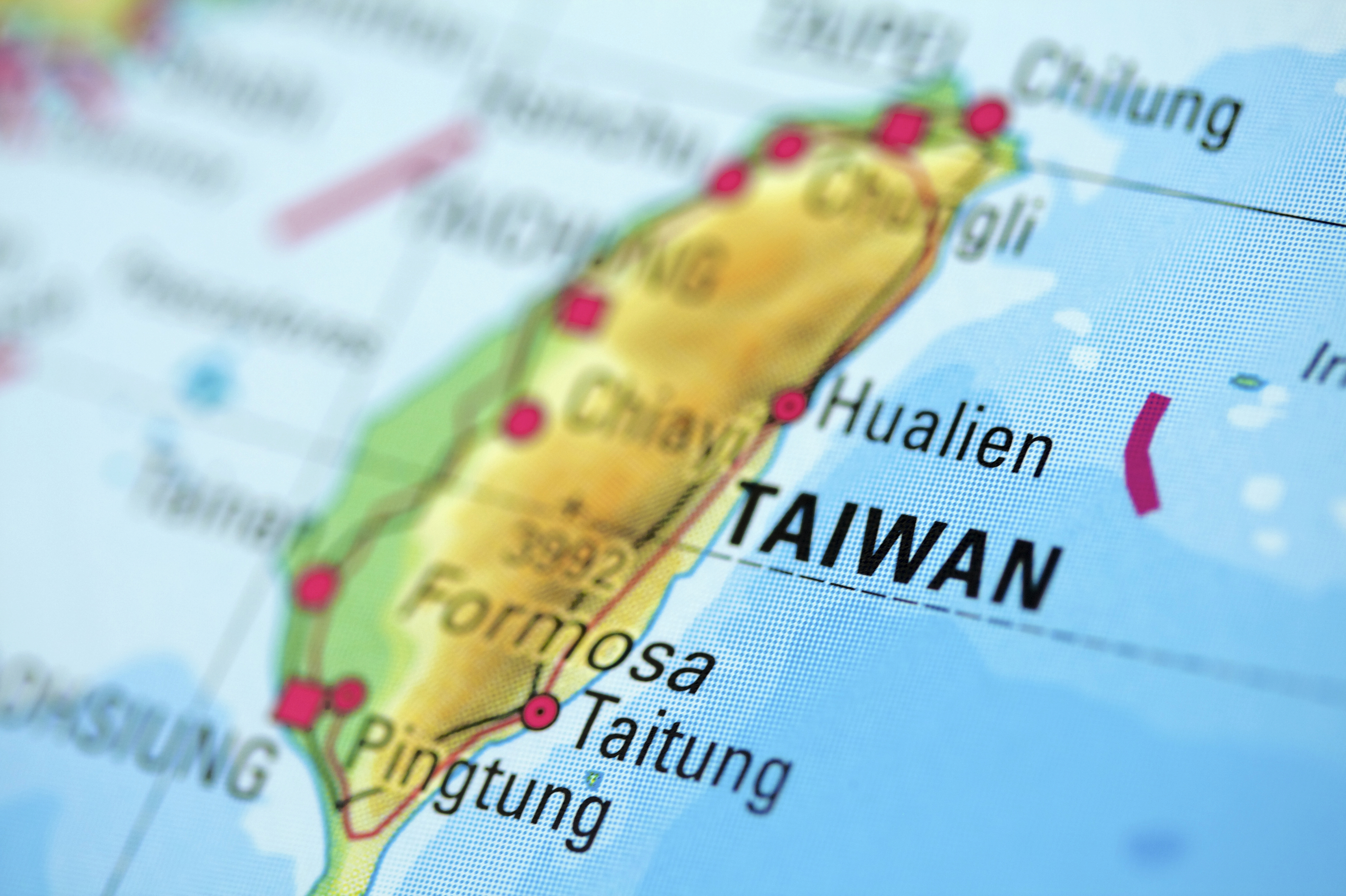
Taiwan’s new representative in Washington, Hsiao Bi-khim, articulated her country’s security interests in advancing the cause of democracy during a Hoover Institution virtual event on Friday, September 11, 2020. The program was presented by Hoover’s Project on Taiwan in the Indo-Pacific Region, chaired by Senior Fellow Larry Diamond and managed by Research Fellow Glenn Tiffert.
Prior to beginning her current post in July 2020, Hsiao had served as a member of Taiwan’s Legislative Yuan for the Democratic Progressive Party (DPP) for 14 years. During her first year there, she witnessed her government’s response to the first SARS outbreak—a crisis, she argues, that proved to be a painful but valuable lesson for Taiwan during the COVID-19 pandemic. Between March and July 2003, 688 cases of SARS were reported in Taiwan. Of those positive cases, a staggering 181, or 27 percent, proved fatal.
Hsiao explained that amid the current pandemic, the Taiwan government was well prepared and determined to prevent an outcome as bad as that of SARS. She emphasized that Taiwan’s democratic political culture was critical to the successful management of the crisis. A high degree of trust and transparency between the government and its citizens allowed authorities to confidently communicate the public-policy response to COVID-19, including quarantines, the production and availability of personal protective equipment (PPE), and the need to prevent panic buying. Hsiao also emphasized that the government cooperated successfully with the private sector to procure and deploy innovations such as contact-tracing technology that were crucial to containing the spread of the virus.
Hsiao told Diamond that Beijing’s enactment of new national security laws and its crackdown on Hong Kong raised serious concerns for Taipei. Though Taiwan governs itself as a separate republic, whereas Hong Kong is a semiautonomous region, both entities are largely recognized by the international community under China’s principle of “one country, two systems”; that is, both are considered part of China but retain their own distinct political, legal, and economic arrangements.
Consequently, Hsiao believes if Beijing violated this principle in Hong Kong, it could do the same in Taiwan.
“As we see China’s violations of their own commitments, it makes it harder for the people of Taiwan or the people of any place around the world to have trust and confidence in the Chinese government in any commitment that they make,” Hsiao said.
Hsiao described how Taiwan, in countering aggression from Beijing, is taking a series of measures to reduce economic and technological dependence on the mainland, and to diversify its commercial and security partnerships.
She explained that Taiwan signed a joint declaration in August 2020 on securing 5G infrastructure with the United States to provide an alternative to Chinese telecommunications conglomerate Huawei, which is under suspicion of intellectual property theft and of deploying its 5G networks to support Beijing’s global espionage operations.
The August declaration mirrored a May 2020 agreement between the United States and the Czech Republic that called for the evaluation of all suppliers’ network software and hardware to ensure that these companies respect intellectual property rights, have a record of ethical corporate behavior, and are not subject to undue foreign influence. Hsiao noted that five Taiwanese companies were listed by the US Department of State as “clean,” or trustworthy, suppliers of such technology.
Hsiao stressed the importance of forging a bilateral free-trade agreement between the United States and Taiwan, especially as it relates to the security of global supply chains that were recently threatened by the COVID-19 pandemic. As an example, she explained how Taiwan has become a global innovator in such areas as semiconductor technology and was able to exponentially increase its production of medical-grade face masks and other PPE within a relatively short time period. In two months, Taiwan produced enough masks for its citizens and donated its surplus to countries most in need of them.
“Taiwan’s society is very resourceful,” Hsiao said. “We do have an interest in being an important part of the discussion of supply-chain realignment.”
She argued that the world would benefit greatly from Taiwan’s public-health expertise and successful management of the pandemic. Despite resistance from the People’s Republic of China, Hsiao said, there has been growing support among many of the world’s democratic nations for Taiwan’s membership in the World Health Organization (WHO).
During the question-and-answer period, one viewer asked Hsiao if Beijing’s actions in Hong Kong and the South China Sea warranted the United States’ ending the policy of “strategic ambiguity” regarding its defense of Taiwan against the mainland. Hsiao replied that she welcomed US assistant secretary of state David Stilwell’s remarks of August 31, 2020, in which he emphasized President Ronald Reagan’s six assurances for Taipei’s defense in 1982. These assurances, in part, include a commitment never to consult Beijing on future arms sales to Taipei nor to pressure the latter into negotiations with the former. She added that Taiwan’s survival on the front lines was critical to the security and stability of the Indo-Pacific region against such aggression from Beijing.
Hsiao concluded by stressing that Taiwan’s democratic identity is in many ways its greatest defense, as it has empowered its leaders to marshal support from the United States and other countries that share common values of freedom, transparency, and the rule of law. In addition, she maintained, Taiwan’s success story of democracy and economic innovation has inspired Chinese speakers on both sides of the strait as well as citizens of other countries throughout the Indo-Pacific region.
“The creation of Taiwan’s democracy that was part of the efforts of the courageous people of Taiwan was supported by many friends around the world,” Hsiao said. “We also feel committed to supporting other democracies in the region and around the world.”







